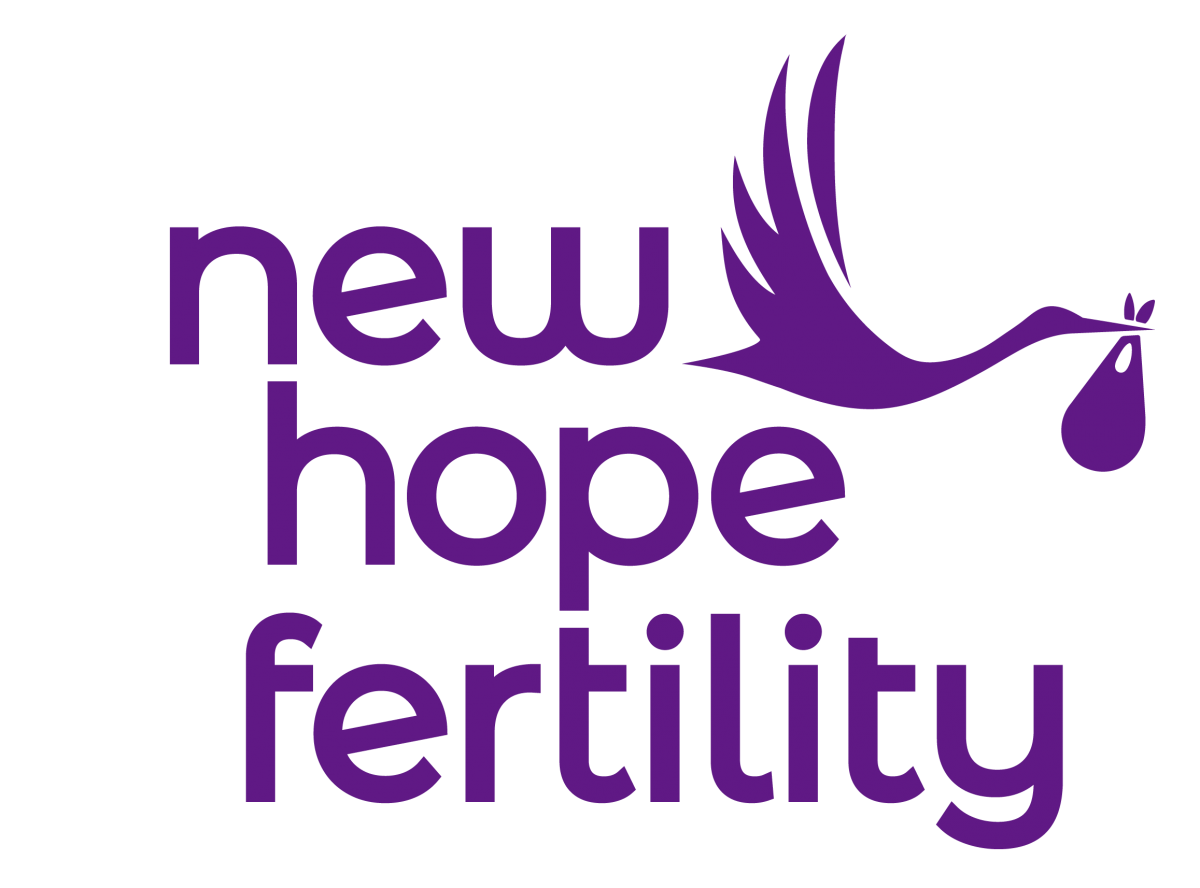For couples experiencing difficulties conceiving, there are a few different medical doctors and specialists who can be consulted to assist in fertility matters. The main question, for those going through the emotional, often overwhelming ordeal, is which doctor to see, and when. The answer, unfortunately, is not always simple. Factors such as age, health conditions, previous pregnancies, and the length of time you’ve been trying to conceive can all play a role in when to see a fertility specialist as opposed to your gynecologist.
In this article we’ll be examining when to seek professional help for fertility issues, going over the different types of doctors who can help, and what you can expect from each.
When to See a Fertility Specialist
While every situation is unique, several key indicators can suggest it’s time to consult with a fertility specialist or gynecologist, including:
- Advanced Age: Fertility declines with age, so if you’re over the age of 35 and haven’t been able to become pregnant after six months of trying, be sure to see a specialist.
- Irregular Periods: Irregular menstrual cycles can be a sign that you’re not ovulating regularly.
- Known Fertility Issues: If there are any known fertility issues, such as PCOS or endometriosis, it’s best to consult a specialist early in the process.
- Previous Reproductive Complications: Multiple miscarriages in your past might be an indication that you need professional expertise to investigate the underlying causes.
- Lifestyle/Medical Factors: Smoking, alcohol consumption, obesity, a history of STIs, or even chemotherapy or radiation therapy are all issues that should be discussed early with a specialist.
- Unsuccessful Attempts for Over a Year: No matter how old or healthy you are, if you’ve been trying unsuccessfully to get pregnant for more than a year, it’s time to consult a fertility specialist.
What Doctor to See When Trying to Get Pregnant
Gynecologists, obstetricians, and reproductive endocrinologists all have expertise in various aspects of a women’s reproductive health, and can all be consulted regarding any difficulties you might be experiencing.
- Gynecologists: Specializing in broad aspects of women’s reproductive health, gynecologists diagnose and treat various conditions related to the uterus, ovaries, fallopian tubes, and vagina.
- Obstetricians: Obstetricians are trained in the areas of pregnancy, childbirth, and postpartum care, and have extensive expertise in managing the health of both the pregnant woman and the fetus.
- Reproductive Endocrinologists: With advanced training in both obstetrics and gynecology and specialized education in reproductive endocrinology, fertility specialists help women and couples who are experiencing reproductive issues beyond the scope of Ob-Gyns’ and Obstetricians’ areas of practice.
What Does a Fertility Doctor Do
A reproductive endocrinologist, or fertility doctor, is a specialized medical professional who assists individuals and couples as they navigate the complex journey of infertility. Reproductive endocrinologists perform comprehensive medical evaluations to ascertain the underlying cause of infertility, which includes looking into the patient’s medical history, performing a physical exam, and conducting specific tests to assess reproductive health.
Once a cause has been identified, a fertility specialist will develop a personalized treatment plan that can range from fertility medications, intrauterine insemination (IUI), in vitro fertilization (IVF), assisted reproductive technologies (ART), and potentially surgery.
OB-Gyn and Fertility Doctor: Understanding the Difference
When it comes to the difference between a gynecologist and a fertility specialist, the main area of distinction lies in their areas of specialization and the medical services they provide.
- Area of Focus – Reproductive endocrinologists focus primarily on diagnosing and treating infertility and reproductive disorders. Gynecologists, on the other hand, are medical doctors who provide comprehensive care related to the female reproductive system such as preventive screenings, management of menstrual disorders, treatment of infections, and minor gynecological surgeries.
- Training and Education – While both undergo medical school and residency training, fertility specialists also pursue specialized training in reproductive endocrinology by completing a fellowship program that provides more in-depth knowledge and experience in diagnosing and treating fertility-related issues.
- Scope of Services – Gynecologists perform a broad range of services that includes Pap smears, treating gynecological conditions and disorders, and performing surgeries like hysterectomies and ovarian cyst removal. Fertility specialists, meanwhile, focus specifically on diagnosing and treating fertility issues in both men and women.
Gyno Visit to Check Fertility: What to Expect
While gynecologists aren’t fertility specialists, they can perform a reproductive assessment and certain tests that can help identify any underlying issues that might need to be addressed by a specialist. In addition to a medical history review and physical examination, this can involve blood tests, hormonal assessments, transvaginal ultrasounds, and genetic screenings.
It’s important to remember that open communication with your gynecologist is essential for receiving proper care. Be sure to ask any questions you might have, and don’t be shy about sharing any specific concerns or goals that you have regarding your fertility.
Consult with a Fertility Specialist Today
If you’re experiencing difficulties getting pregnant, or have any of the fertility risk factors listed above, you must seek out the help of the appropriate medical assistance sooner rather than later. A fertility specialist will be able to offer the kind of personalized guidance and support to put your mind at ease during this difficult period.
Why New Hope?
New Hope Fertility Center is home to world-renowned fertility specialists. We custom-design fertility treatments for the individual to increase the chances of a successful pregnancy. Our specialists believe in putting the patient first and being with them through every step of the fertility journey. Our team is well-versed in helping women of all ages reach their fertility goals and we are passionate about educating and supporting our patients throughout their journey. If you want compassionate fertility care, New Hope is the right place for you. Call us at (347) 970-8479 or schedule your initial consultation today!

